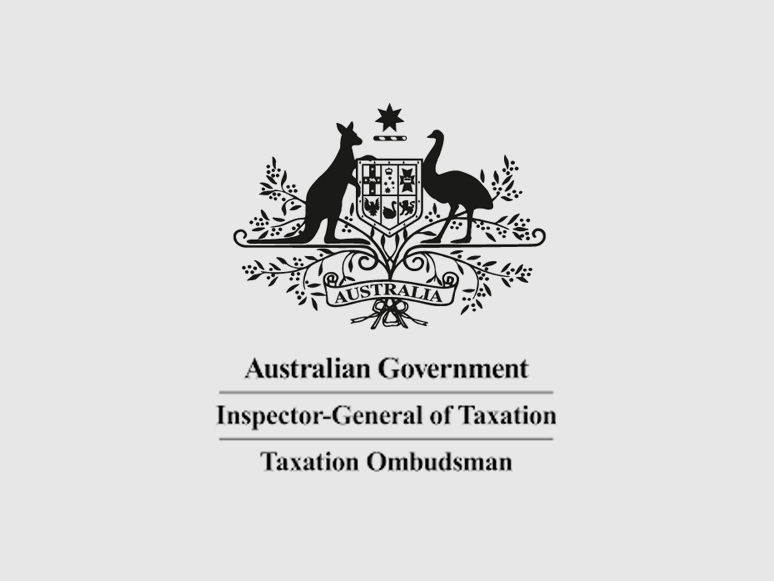logo


15th Aug, 2020

The ATO has published a list of common mistakes and misconceptions taxpayers have around tax time:
15th Aug, 2020

The ATO has extended, from 30 June 2020 to at least 30 September 2020, the “shortcut” rate for claiming work-from-home running expenses. This shortcut eligible taxpayers to claim running expenses incurred between 1 March 2020 and 30 September 2020 at the rate of 80 cents per work hour, provided they keep a record of the number of hours worked from home – for example, using a workplace timesheet.
People eligible to use the shortcut rate are employees and business owners who:
People who choose not to use the shortcut rate can instead:
15th Aug, 2020

The Inspector General of Taxation and Taxation Ombudsman (IGTO) has launched a new investigation into effective communication of taxpayers’ rights to review, complain and appeal decisions made and actions taken by the ATO. The investigation will seek to understand and confirm how effectively, clearly and completely the ATO communicates appropriate information to taxpayers and their representatives on
these taxpayers’ rights.
In examining the taxation complaints service, the IGTO has observed that information on rights of appeal and opportunities to raise complains varies across different types of ATO-issued correspondence. In particular, the IGTO found in a number of investigations that ATO correspondence may not clearly and/or completely advise taxpayers and their representatives of their rights to review, complain and appeal.
Initially, the review will focus on ATO communications which concern debt decisions in relation to individuals and small business taxpayers as they have been deemed most “vulnerable”.
After the initial stage, the review will also seek to confirm ATO communications around access to the Administrative Appeals Tribunal Small Business Taxation Division.
15th Aug, 2020

The Australian Banking Association (ABA) has announced a new phase of support to assist customers to get back to making their loan repayments. With the six-month loan repayment deferral period set to end on 30 September, the ABA said customers with reduced incomes due to COVID- 19 will be eligible to apply for an extension of their deferral for up to four months.
A deferral extension of up to four months will not be automatic. It will only be provided to those who genuinely need some extra time. Bank customers with reduced incomes and ongoing financial difficulty due to COVID-19 will be contacted as they approach the end of their initial deferral period. Wherever possible, borrowers are expected to return to a repayment schedule through a restructure or variation to their loan.
15th Aug, 2020

The Assistant Minister for Superannuation Senator Jane Hume has welcomed the recent amendments to Australia’s superannuation regulations that allow more people to make voluntary superannuation contributions from 1 July 2020.
The changes allow people aged 65 and 66 (ie under age 67) to make voluntary super contributions (both concessional and non-concessional) without meeting the work test. The amendments bring these contribution rules into line with those for individuals under 65 years, providing greater flexibility to make contributions as people approach retirement. The age limit for making spouse contributions has also been increased from 69 to 74 from 1 July 2020.
These changes to the super contributions rules were previously announced in the 2019–2020 Federal Budget. Another change in that Budget package will allow people aged 65 and 66 to make up to three years of non-concessional contributions (up to $300,000) under the bring-forward rule from 1 July 2020.